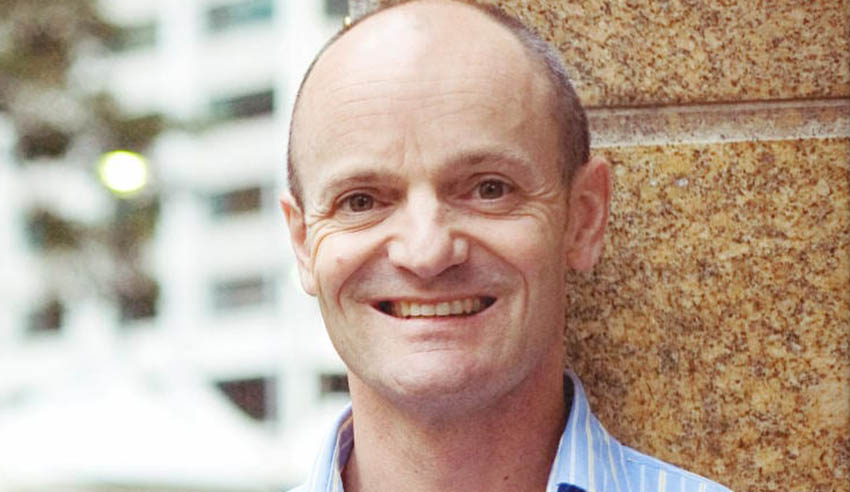The High Court of Australia has ruled that employees of the RBA joint venture, Securency Pty Ltd (now CCL Secure Pty Ltd), defrauded Dr Benov Berry of over $38 million in agency commission entitlements.

The case is part of the Securency bribery scandal, one of the biggest bribery corruption prosecutions that reached the very top of Australia’s financial system and had connections to powerful officials across the globe.
Dr Berry and GSC sought to recover from CCL the sales commission it would have earned under the agency agreement if not for Securency’s fraud.
Last Week, the High Court confirmed that, Dr Berry and GSC had established their prima facie right to damages in the amount of that lost commission, it was for Securency to prove that those damages should be reduced.
“Securency argued that if not for the contravention it would have used the lawful means otherwise available to it under the agency agreement to terminate Dr Berry and GSC,” partner at Marque Lawyers Damian Sturzaker told Lawyers Weekly.
“Not only did Securency fail to prove that it would have used such lawful means, the majority of the High Court found that in the circumstances ‘it was highly improbable’ to have so acted.”
Dr Berry was represented throughout the first instance and appellate proceedings by Marque Lawyers, Dr Christopher Ward SC and Philip Santucci, with the addition of the former solicitor-general, Justin Gleeson SC before the High Court.
Mr Sturzaker said that the High Court ruling shows that there are certainly implications for judgement with regards to fraud for company directors.
“In our case both the trial judge and the Full Court found that Securency had deliberately deceived our client through the actions of a senior employee (who was subsequently jailed),” Mr Sturzaker said.
“What remained to be resolved was the question of the loss that followed from that fraud and who had the onus to prove what would have happened in the absence of the fraud.
“In the High Court we said the contract would not have been terminated through lawful means until much later. The High Court agreed and found that the wrongdoer, Securency failed to prove that it would have used such lawful means, the majority of the High Court found that in the circumstances ‘it was highly improbable’ to have so acted.”
The Securency and Note Printing Australia was a landmark bribery case that had revealed vital lessons for directors on dealing with cover-ups and whistleblowers.
Mr Sturzaker said that the case and the Securency scandal more generally revealed that Australian companies doing business overseas need to take rigorous steps to ensure that their employees act properly and in accordance with the law.
“The consequences of not doing so can lead to years of litigation and millions of dollars in damages,” he said.
Professor Pamela Hanrahan had stated that the Securency scandal should be on every director’s radar because of the way the primary offending – the foreign bribery – was concealed within the entity. Rogue individuals may cut corners or break the law, but the real damage occurs when the corporate culture allows or encourages others to cover for them.
In March 2012, ASIC stated it had reviewed material provided to it by the Australian Federal Police for possible directors’ duty breaches and decided not to proceed to a formal investigation.
As the scandal was so serious and had occurred so high up in Securency, it had raised questions about the decision not to hold its directors to account.
CCL Secure Pty Ltd (“Securency”) was the manufacturer and designer of polymer technology, which included polymer banknotes. In association with the Reserve Bank of Australia, Securency had been attempting, as early as 1999, to obtain an order to produce such banknotes from the Central Bank of Nigeria.
Dr Berry was a director and shareholder of Global Secure Currency Limited (“GSC”), with substantial business experience in Nigeria. In 2003 he began working on behalf of Securency in respect of its proposed Nigerian venture. To begin with, Dr Berry had no formal contract with Securency. That changed around August 2006 and March 2007 when the parties executed agency agreements.
The 2006 decision by the Nigerian government to convert its first banknotes to polymer proved to be immensely profitable to Securency. Dr Berry and GSC were instrumental in helping secure this outcome.